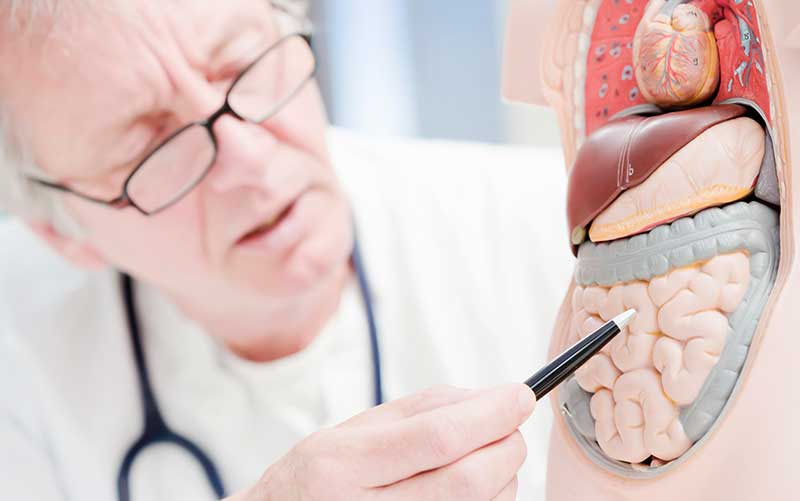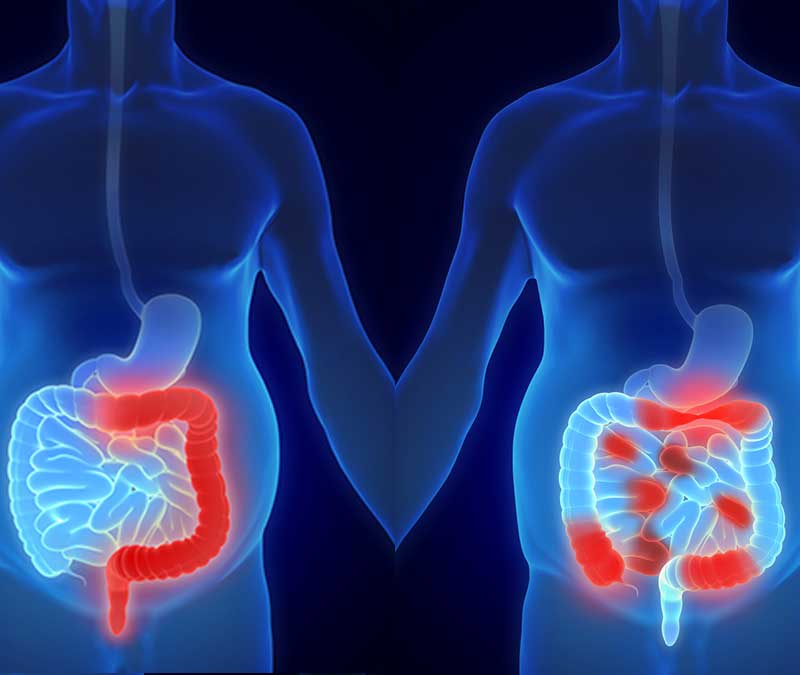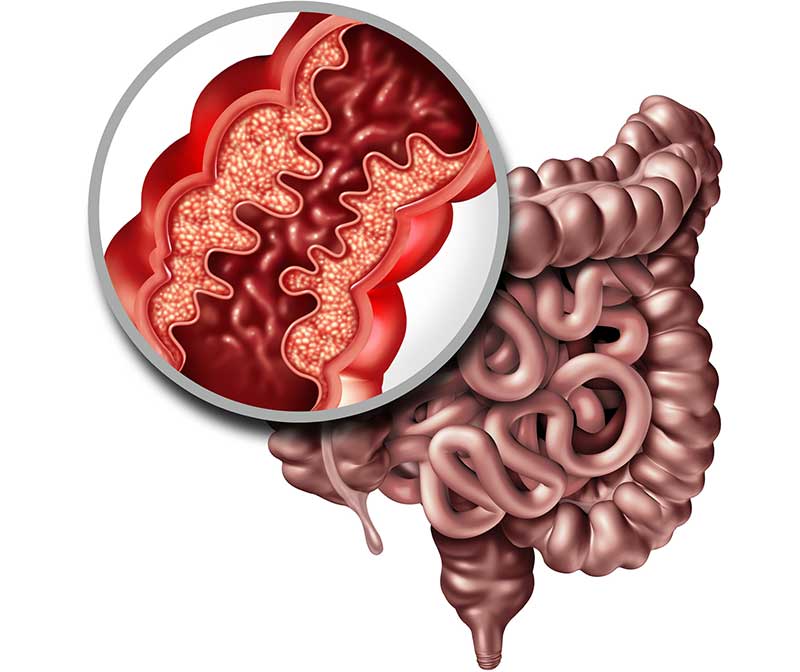
The digestive tract is a very intricate and complex system that includes many parts, all of which must function properly in order for the digestive tract as a whole to continue working like it should.
Among the more serious health problems that can affect portions of the digestive system is Crohn’s disease. While there are times when this disease is mild and doesn’t cause many adverse symptoms, it’s also possible for the condition to be severe, which is why it’s important that you understand what to do when affected by it.
What Is Crohn’s Disease?
Crohn’s disease is considered to be an inflammatory bowel disease that occurs within the digestive tract. When your digestive tract becomes inflamed, you will invariably experience all kinds of different symptoms that extend from abdominal pain to weight loss. The inflammation that occurs with this disease can affect different portions of the digestive tract with different people, which plays a part in how severe the resulting symptoms are. This inflammation will spread into the surrounding layers of bowel tissue, which could lead to complications that are life-threatening.
At the moment, there’s no cure for Crohn’s disease. However, there are some treatments that can substantially reduce the symptoms and possibly cause the disease to go into remission on a long-term basis.


Main Symptoms and Signs of Crohn’s Disease
For some people who suffer from Crohn’s disease, only a segment of the small intestine will be affected by the inflammation. It’s also possible for the condition to solely occur within the colon. Both of these areas represent the most common places within the digestive tract for this inflammation to develop. The symptoms that you experience can range in severity from mild to intense.
These symptoms could occur without warning or they could develop gradually. It’s also possible for the disease to go into remission, which means that you wouldn’t experience any symptoms. Along with the inflammation, the most common symptoms associated with Crohn’s disease include diarrhea, fatigue, abdominal pain, weight loss, blood within your stool, and mouth sores. You might also develop a fever that lasts for a couple of days.
auses Attributed to Crohn’s Disease
There’s no known cause for Crohn’s disease. While it was once believed that stress and dieting caused this condition to develop, these are now known to aggravate the condition that was already there. A couple of factors like a poor immune system and family history of this condition could make you more susceptible to suffering from Crohn’s disease. Additional risk factors to keep in mind include cigarette smoking and consuming anti-inflammatory medications regularly.
Treatment Solutions to Consider
Since there’s no available cure for this condition, the current solutions focus on reducing inflammation, which should lessen the other symptoms that you’re going through. A combination of anti-inflammatory drugs, antibiotics, and immune system suppressors may be prescribed to you. If these remedies haven’t proven to be effective, surgery may be necessary to remove a portion of the digestive tract that has become damaged.

